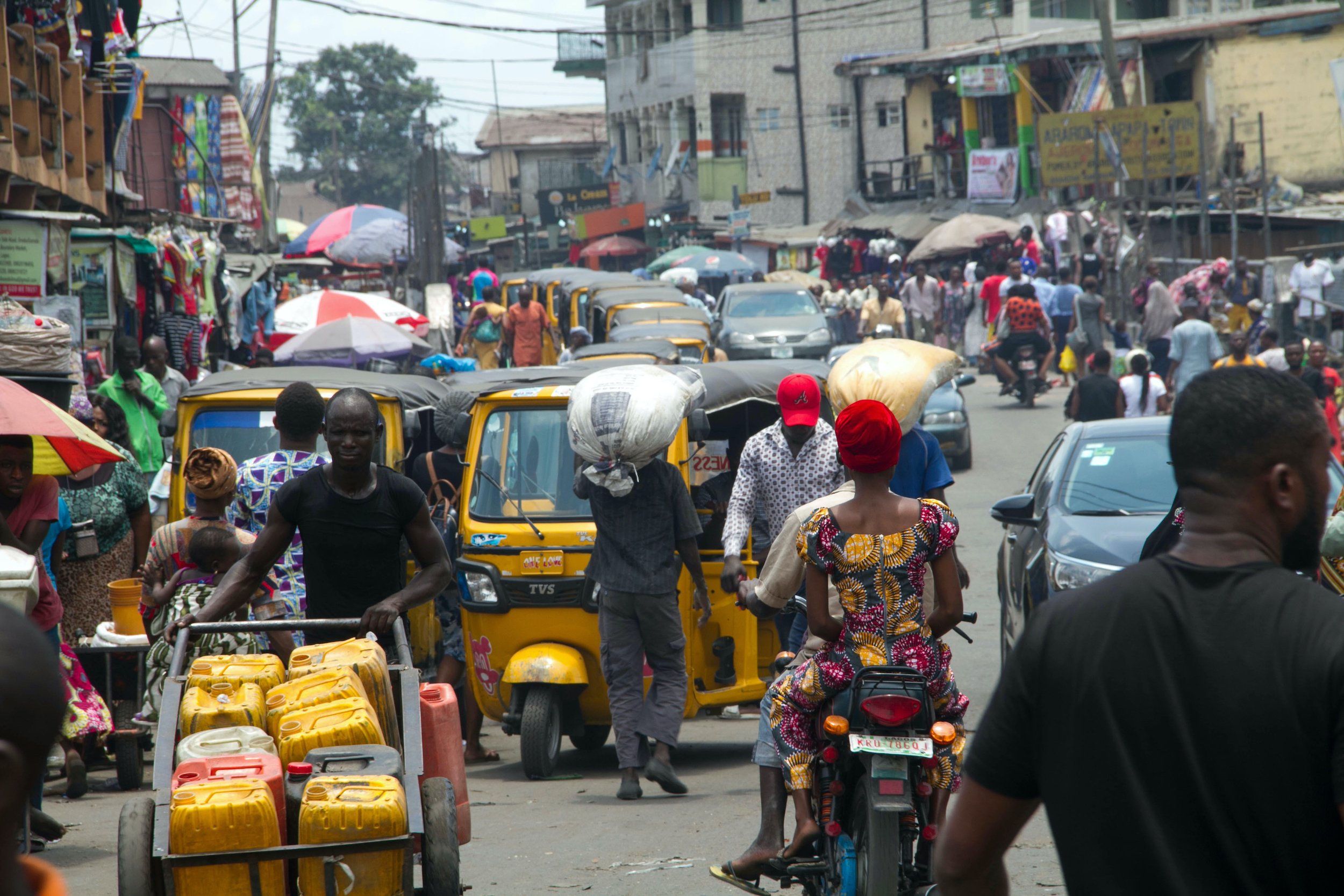
“Africa will define the future (especially the Bitcoin one)”, tweeted Jack Dorsey, CEO of Twitter and payment provider Square, at the conclusion of a whirlwind tour of the continent last year.
Dorsey, a Bitcoin enthusiast, has concluded that African nations have the optimum conditions needed for crypto to flourish: weak local currencies, which make it harder to get the dollars needed for global trade; complex and costly money transfers, and—perhaps most importantly—an enthusiastic, youthful, tech-savvy and increasingly desperate population.
Nowhere in Africa is this more true than in Nigeria, which leads Africa in trading volumes on person-to-person (P2P) crypto exchanges Paxful and LocalBitcoins. The western African nation (average age 18) is a tech hub; consistently tops the charts for Bitcoin searches on Google, and according to one survey, has the highest percentage of crypto users in the world. But most compelling is evidence that Bitcoin inventor Satoshi Nakamoto’s original use case, for Bitcoin as a payment tool, is positively thriving in Nigeria.
Bitcoin as a necessity
In Nigeria, Bitcoin is “a necessity as opposed to a luxury or this cool thing that you could use,” Akin Sawyerr, a US-based crypto investor and ecosystem builder, who is part of the operations team at risk protocol Barnbridge, told Decrypt. “For a lot of people, it’s basically a lifeline to keep their businesses going.”
0 comments
Write a comment